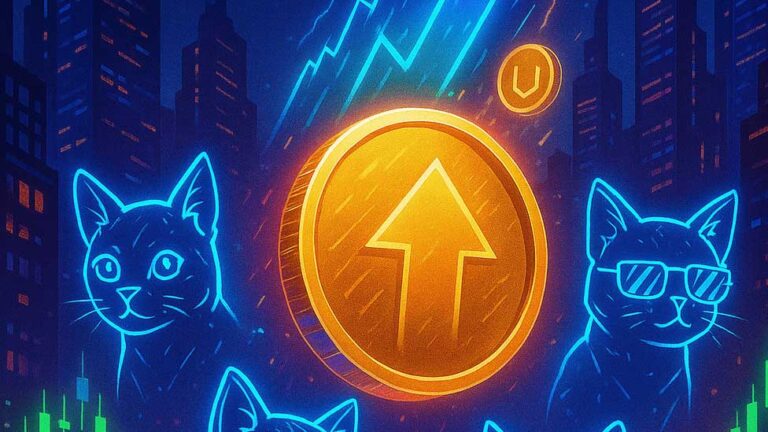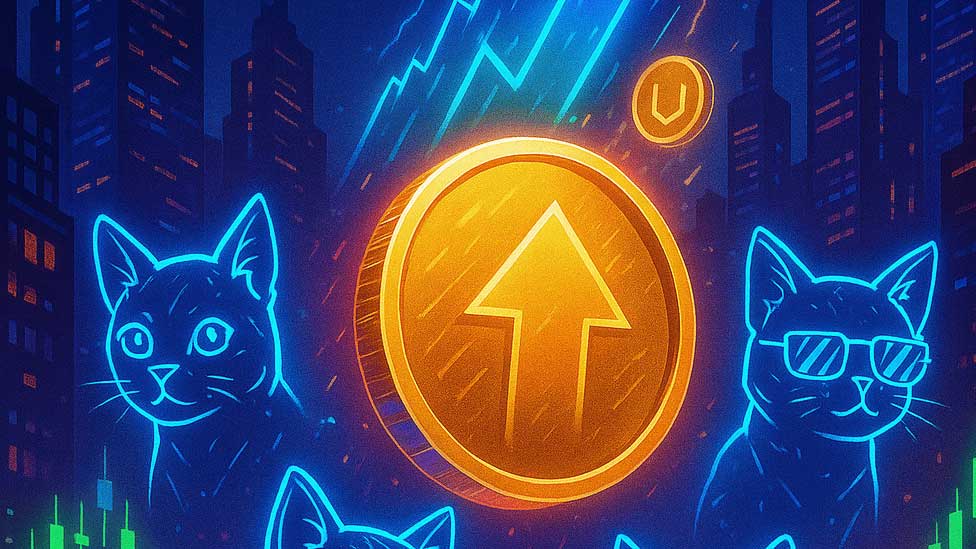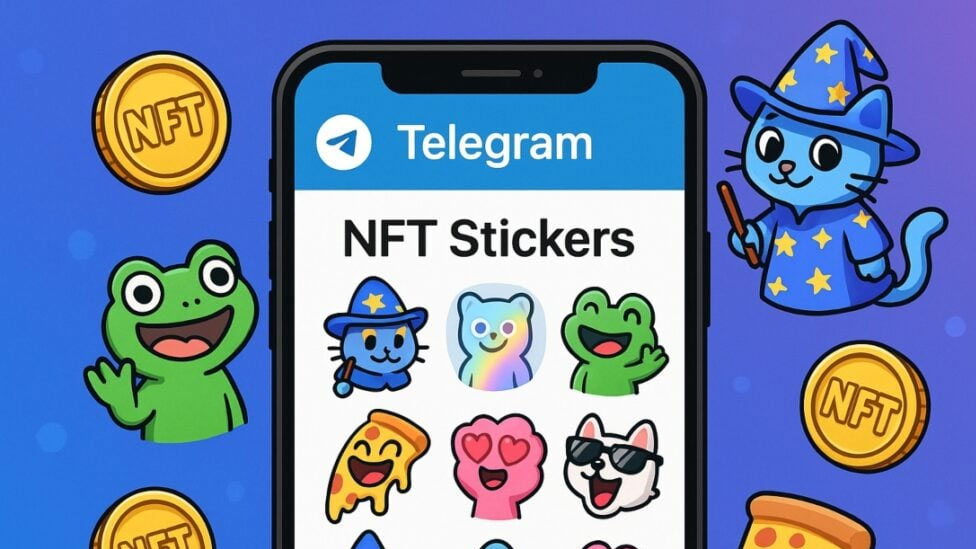Three of Japan’s major corporations—Fujitsu, JTB, and Toda Corporation—have joined forces to launch ECHIZEN Quest, a pioneering digital transformation initiative using NFT (non-fungible token) technology to attract international visitors and revitalize tourism in Echizen City, located in Fukui Prefecture.
The collaboration comes as Echizen City prepares for an expected surge in tourism, driven by enhanced accessibility following the extension of the Hokuriku Shinkansen. The project aims to leverage digital tools to create richer, more personalized tourism experiences while deepening engagement between travelers and the local community.
A Smart City Vision Rooted in Regional Revitalization
Toda Corporation has been closely involved in Echizen’s urban development since signing a public-private partnership (PPP) agreement with the city in 2021. The initiative promotes the smart city concept centered around the new Hokuriku Shinkansen Echizen-Takefu Station. Toda has focused on integrating technology and tourism into its development model, conducting studies and pilot projects to better understand tourist behavior, transportation bottlenecks, and event logistics.
This groundwork has laid the foundation for a sustainable tourism ecosystem—one that connects urban infrastructure with digital innovation and local cultural promotion.
JTB’s Sustainability Vision Meets Fujitsu’s Digital Innovation
Japan’s leading travel agency, JTB, has been at the forefront of regional innovation through its “GLOCAL Sustainability Project (GSP)”, launched in 2021. The initiative seeks to address local challenges by combining global insights with local action, fostering new business models that support sustainable tourism.
As part of this framework, JTB ran a 2024 program in Echizen City that brought Fujitsu employees into the field to explore community-based tourism opportunities. After studying local traditions, crafts, and attractions, the team proposed ways to integrate NFT technology into tourism experiences—bridging local culture with digital engagement.
NFTs, which serve as unique digital assets stored on a blockchain, can be used to authenticate exclusive experiences or collectible digital memorabilia. In the context of Echizen tourism, they may serve as digital “souvenirs” or loyalty rewards that travelers can collect, trade, or redeem—encouraging repeat visits and word-of-mouth promotion.
Fujitsu and JTB Explore NFT-Backed Digital Currency
Since 2023, Fujitsu and JTB have been conducting joint research on tourism digital transformation (DX) services aimed at high-value international travelers. Their work has included testing the use of digital currencies linked to NFTs, designed to stimulate local economies and reward visitors for participating in regional experiences.
These efforts converge under the new ECHIZEN Quest project, which represents the first large-scale application of these concepts. The initiative will use blockchain technology to track and enhance tourist engagement, connecting digital incentives with real-world experiences—such as local events, workshops, and sightseeing activities.
ECHIZEN Quest: Merging Culture, Technology, and Experience
The ECHIZEN Quest platform will function as an interactive tourism program where visitors can earn and collect NFTs through participation in local activities—such as traditional Echizen paper-making, culinary tours, and regional festivals. Each NFT will represent proof of participation or achievement, unlocking additional experiences or privileges during the trip.
The concept aims to gamify tourism, turning travel into a quest-like experience where participants are encouraged to explore more deeply, interact with local residents, and learn about the area’s heritage. In doing so, it strengthens the emotional bond between visitors and the region while promoting sustainable tourism growth.
Positioning Echizen City on the Global Tourism Map
Echizen City, historically known for its centuries-old Echizen washi (handmade paper) and cutlery craftsmanship, is now positioning itself as a hub of cultural innovation blending tradition with technology. The Hokuriku Shinkansen extension is expected to bring a new wave of domestic and international visitors, making this the ideal moment for a digital-first tourism strategy.
By combining Toda’s smart city infrastructure expertise, JTB’s tourism and sustainability network, and Fujitsu’s blockchain and DX capabilities, the three partners aim to establish a replicable model for regional revitalization through digital transformation.
A Blueprint for Japan’s Tourism Future
As Japan continues its post-pandemic tourism recovery, projects like ECHIZEN Quest highlight how cutting-edge technologies such as NFTs and digital currencies can play a role in reshaping the visitor experience. By rewarding exploration and cultural participation, the initiative not only drives economic benefits but also fosters sustainable, long-term connections between travelers and local communities.
If successful, the Echizen project could become a blueprint for other regions across Japan seeking to balance heritage preservation with innovation—offering travelers an immersive, technology-enhanced way to experience the country’s rich cultural landscapes.















